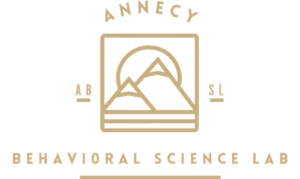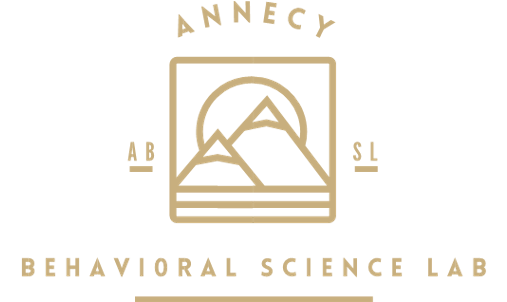
migs@absl.io
Annecy Behavioral Science Lab
94 Route de Filly, 74410, Saint-Jorioz
Most behavioral science research today is strictly quantitative which often omit large amounts of information on context, meaning-making and processes leading to behavior. Further, many measures are constructed poorly, or in an ad-hoc manner, often developed in contexts other than the one in which the research is currently conducted in. This means for you as an organization, the data you are getting from quantitative scales alone may produce misleading insights. Qualitative and indigenous psychology approaches can help overcome such problems, providing a richer and deeper understanding of phenomena. This is done through the collection and analysis of non-numerical data such as interviews, open-ended data and naturalistic behavior. Qualitative and indigenous psychology approaches are a critical instrument for any applied behavioral scientist.
However, qualitative approaches are commonly haphazardly done, and applied practitioners often ask if “they’re doing it right”. This workshop provides a practical guide to qualitative and indigenous research with a focus on data analysis of interviews and open-ended survey data (and how to go beyond just counting themes). This workshop aims to give you a firm understanding of the principles, sampling, data analysis, data management, and theorizing about qualitative data. This workshop will feature applied exercises and will discuss common issues and practical tips in qualitative research.
Qualitative research, whether as a mixed-method or as stand-alone, provides insights difficult to acquire from quantitative approaches alone.
Qualitative research is a critical toolkit for any applied work, and this course will give you an firm understanding of the theory and practice of qualitative research. It will give you guidance on how to go beyond just counting themes, and give practical tips on various issues raised when conducting qualitative research.
The workshop will also give you insights about better measurement, and how to contextualize (or develop) measures through the use of qualitative approaches.
3 days (4 hours per day)
With free 1 hour preworkshop and 1 hour postworkshop consultation
Introduction and Principles of Qualitative Research & Indigenous Psychology Approaches
Sampling Strategies – How Many and Who?
Interviewing
Creating the interview guide
Interviewing itself
Common issues and practical tips
Open-Ended Survey
Common issues and practical tips
Data Analysis
Coding and Thematic Analysis of Interview Transcripts
Coding and Thematic Analysis of Survey Responses
Advanced Coding
Creating and maintaining a codebook
Common issues and practical tips
Going beyond themes – analysis for deeper processes
Data management
Informed consent templates
Active tracking of qualitative evidence
Writing qualitative research
(Optional: using qualitative data to create measures)

| Cookie | Duration | Description |
|---|---|---|
| cookielawinfo-checkbox-analytics | 11 months | This cookie is set by GDPR Cookie Consent plugin. The cookie is used to store the user consent for the cookies in the category "Analytics". |
| cookielawinfo-checkbox-functional | 11 months | The cookie is set by GDPR cookie consent to record the user consent for the cookies in the category "Functional". |
| cookielawinfo-checkbox-necessary | 11 months | This cookie is set by GDPR Cookie Consent plugin. The cookies is used to store the user consent for the cookies in the category "Necessary". |
| cookielawinfo-checkbox-others | 11 months | This cookie is set by GDPR Cookie Consent plugin. The cookie is used to store the user consent for the cookies in the category "Other. |
| cookielawinfo-checkbox-performance | 11 months | This cookie is set by GDPR Cookie Consent plugin. The cookie is used to store the user consent for the cookies in the category "Performance". |
| viewed_cookie_policy | 11 months | The cookie is set by the GDPR Cookie Consent plugin and is used to store whether or not user has consented to the use of cookies. It does not store any personal data. |
